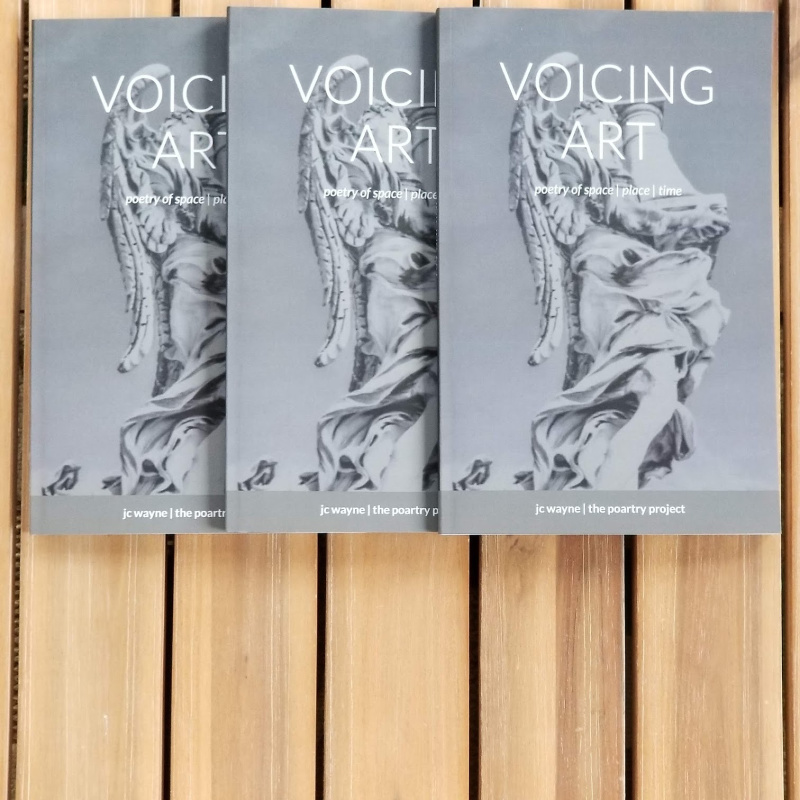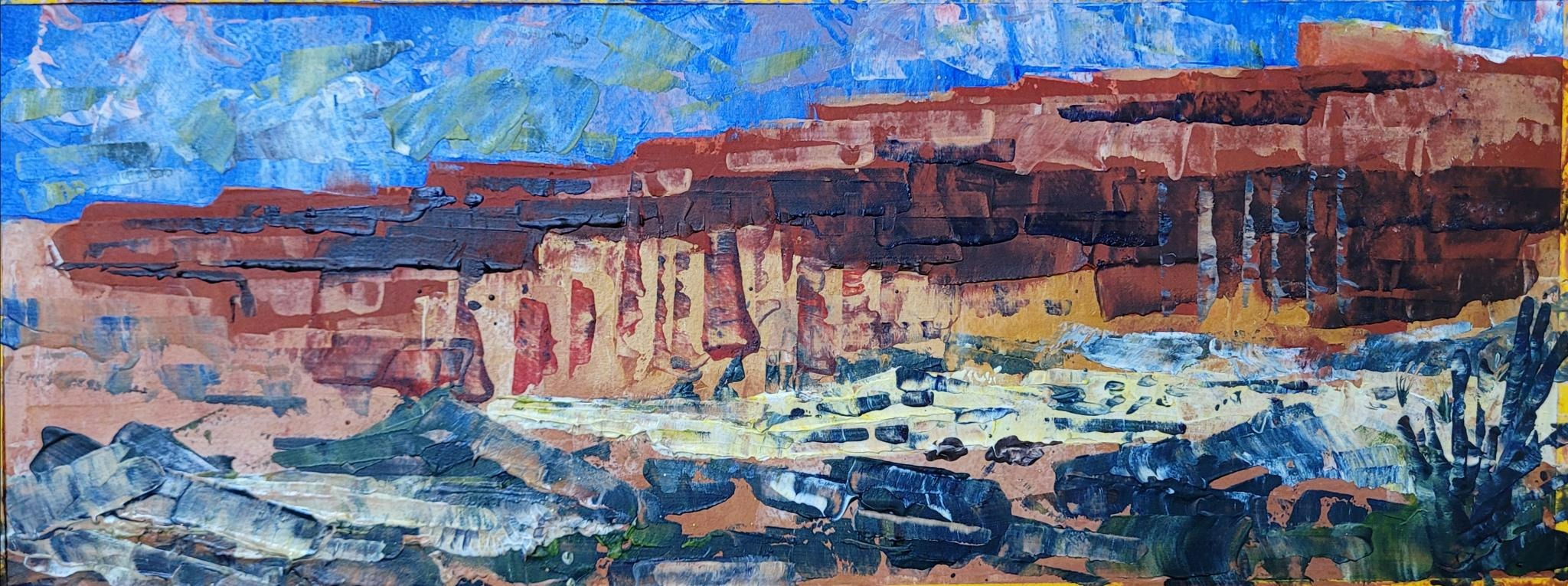November 2015 Words + Art Reading + Poem
exhibit | intersections
artist | anila quayyam agha
Even though this is a seemingly simple and straightforward poem, there is a deep backstory and much significance in how it is structured. It incorporates some years spent in academic studies of medieval Islamic scholars, philosophers, poets and esotericism (Sufism) and discovered their incredibly advanced state of knowledge during the medieval era, including the discovery of the numeral zero and many aspects of astronomy. It is said that much that led to the development of European culture was carried back from visits by Europeans to what is now known as the modern-day Middle East and Southwest Asia. It also incorporates studies of modern Middle Eastern geopolitics and culture and the colonial/post-colonial complications experienced by the region. An early job at the Aga Khan Unit for Housing and Urban Development at Harvard University’s Graduate School of Design (the Aga Khan is the spiritual head of a branch of Islam little known in the West, the Ismailis) led to a discovery of the beauty and refinement of Islamic architecture and gardens. A January break in the second year of graduate school featured a visit to the Alhambra in Granada, Spain – the direct inspiration for the artist’s work upon which the poem is based – and resulted in eight months living in Spain (mostly in Granada) because of being so inspired by the Alhambra’s beautiful architecture and the gardens, even in winter. Through all of this exposure to the original beauty, culture, refinement and depth of scholarly pursuits in Islam – not at all the version we constantly get bombarded with in the West today – there is an abiding sadness that much of this beauty and Islam’s ancient contributions to modern culture are lost on much of the world due to many of the actions and choices of modern Islam itself. This poem is about that.
And now a bit about the structure of the poem:
All of the verses, except the last, are about Islam itself. The last verse refers to the artist’s experience of not being able to enter Islam’s sacred space of the mosque as a worshipper because she is a woman. The structure of the poem is purposefully spare and repetitive, eliciting the order and elegance of Islam and its original thought, architecture and structures, as well as the precisely-timed daily repeated call of the muezzin to prayer five times a day. It also references the powerfully spare black cube of the Qa’aba at Mecca to which every Muslim is expected to make pilgrimage at least once in their lifetime.
If we can get past the ugliness of many modern presentations of Islam, the media’s often sensationalistic exclusive focus on its violent fundamentalist elements and the odd silence within modern moderate Islam itself with regards to Islam’s original and true philosophy and beauty, we can experience an elegance and a directness of perception that brings us closer to the divine without the intervention of anthropomorphic images. Representative images of the Prophet Muhammad or God or other significant, revered figures in Islam (such as Christianity’s Mary!) are forbidden in Islam, and thus Islam expressed the divinity its founder and early scholars tuned into through shapes, geometric forms, exquisite calligraphy and the thoughtfully-designed sounds of water that bring a profoundly transcendent experience of beauty, stillness and contemplation.
POEM | GUILTY, BY ASSOCIATION (nov 2015)
Cut off from much of the world –
you are guilty,
by association.
Floating in an enclosed cube –
you are guilty,
by association.
The world unaware –
you are guilty,
by association.
Your light hidden under a bushel –
you are guilty,
by association.
Magical tumbles of water silenced and unheard –
you are guilty,
by association.
Earthly gardens of astonishing beauty –
you are guilty,
by association.
Impeccable geometry of the Master Builder –
you are guilty,
by association.
The zero you perceived, coopted into self-sacrificial death,
with promises of more beautiful heavenly gardens –
you are guilty,
by association.
Because you bleed –
you are guilty,
by association.
Our Debut Voicing Art Book
Voicing Art: Poetry of Space | Place | Time
is now available!
Poetry inspired by works of art, the art of nature and the exploration of beauty, perception and insight through the cartography of the unseen.

Subscribe to Our Newsletter
Keep up with all sorts of creative opportunities, events, prompts and news. We won’t share your data – ever.
